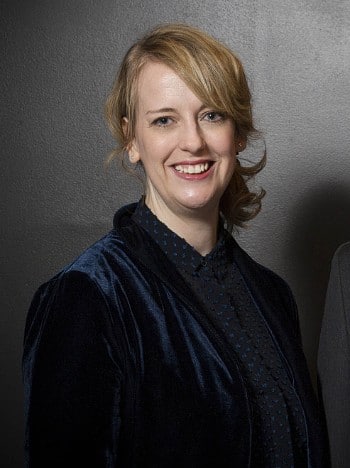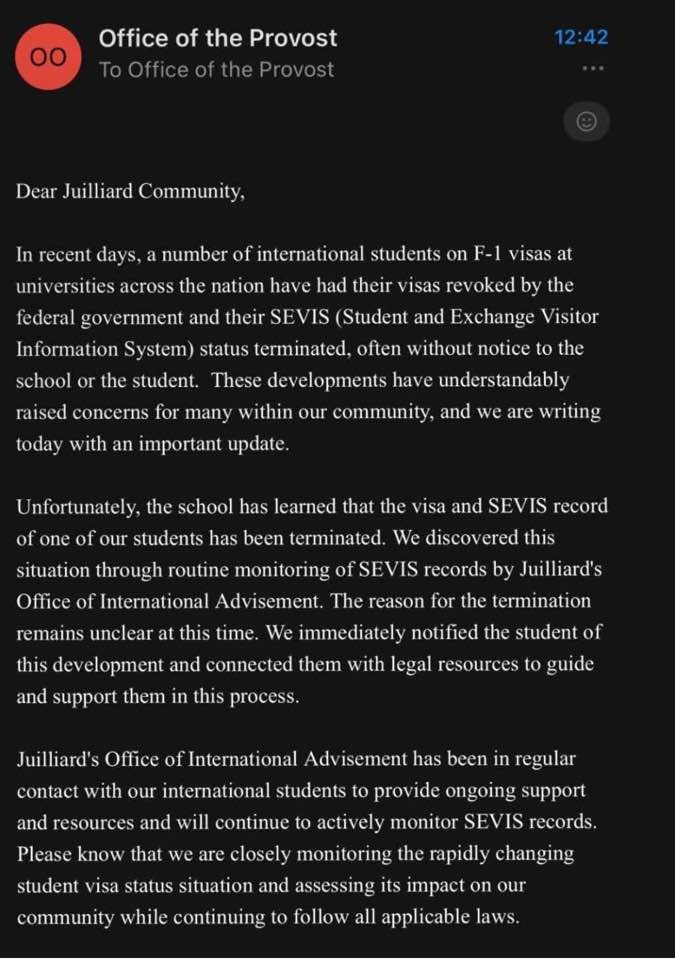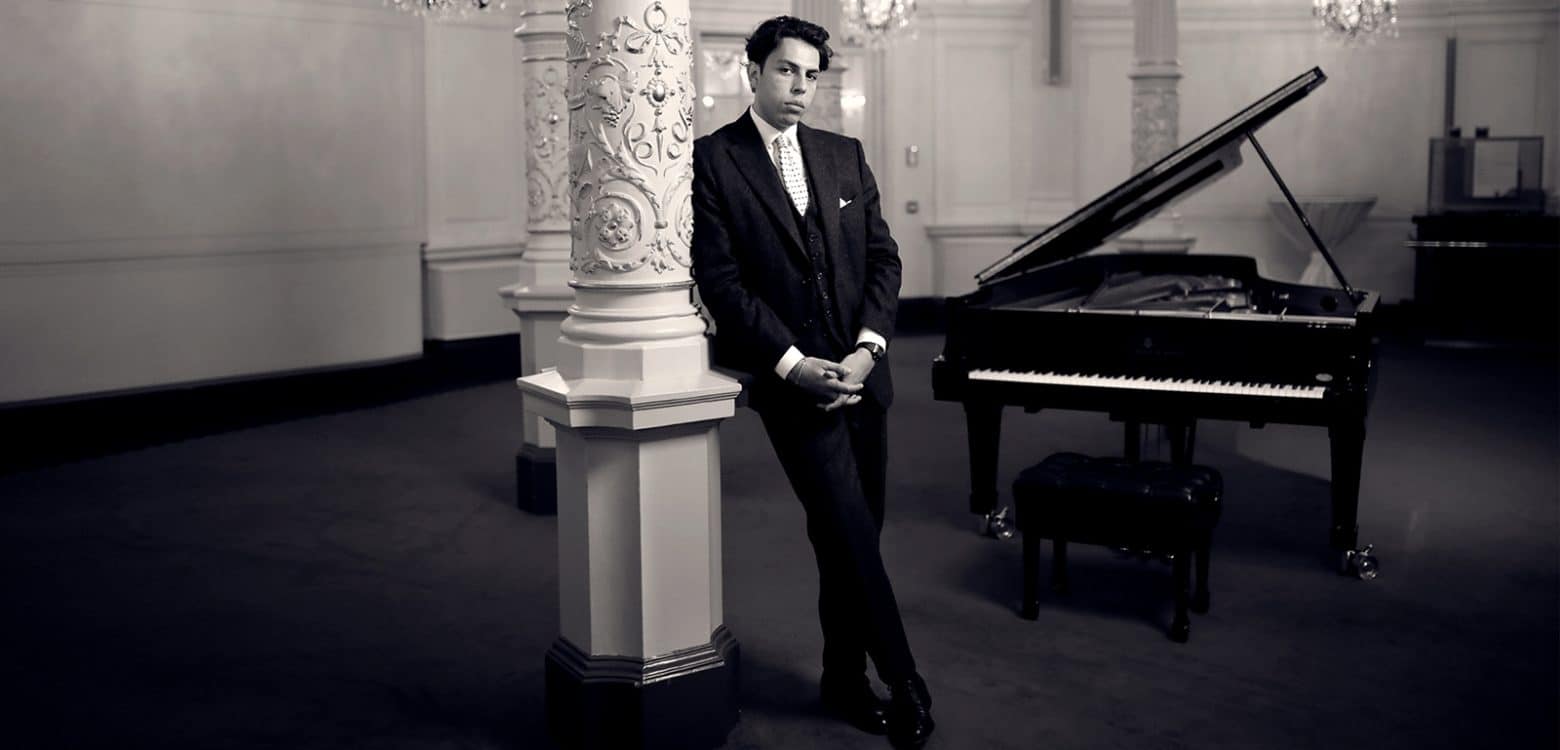Butterfly director: This opera is repulsive
mainAnnilese Miskimmon, who is staging Madama Butterfly at Glyndebourne, has written a piece in the Guardian, explaining why all modern women and left-thinking people should recoil from ‘the most sordid story in the operatic canon’.
She goes on:
How do we as a modern audience of the #MeToo era experience this musical masterpiece, written by a white European man about the sexual exploitation and death of an Asian woman? How do we reconcile our enjoyment of this opera while acknowledging that it is an iconic example of Orientalism by a composer who never set foot in Japan? And how do we honour a desire to be true to the realities of the story when the Japanese characters are so often performed by western singers, an issue in an industry that must now confront its notable lack of diversity?
How, indeed?
By having our cake and eating it, perhaps?
Read on here.







Comments